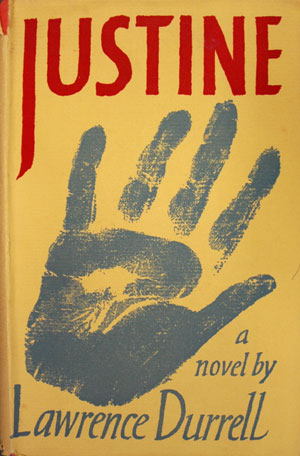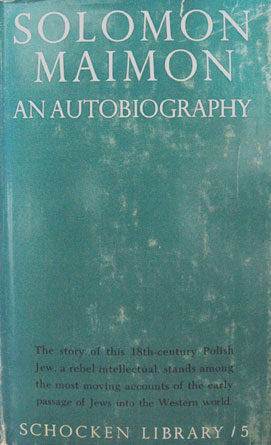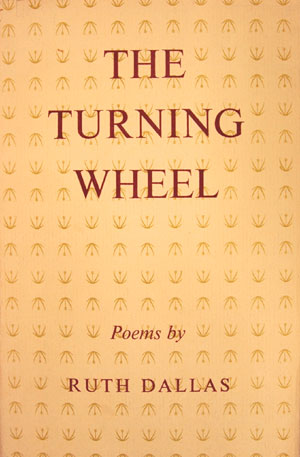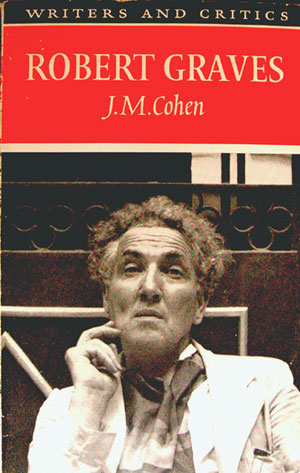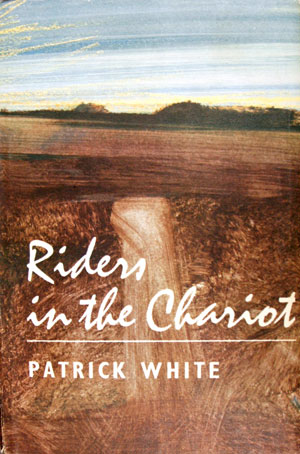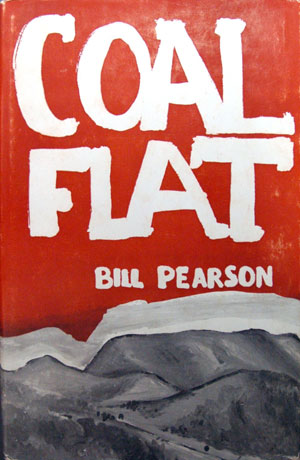Modern Years
On 9 August 1958, Brasch began reading a proof copy of Pasternak's Dr Zhivago, and on seeing a publicity photograph of the writer, he wrote: 'I am terribly afraid that something may happen to him. If anything does, that would be the final irrevocable condemnation of the regime; for poets are precious, and a great poet is sacred, no one on earth more so.' On 9 November the same year, Brasch started Justine, the first of Lawrence Durrell's The Alexandrian Quartet. At first it repelled him, then he admitted:'its beauty & exotic interest – the interest of that sort of sexual hot-house – fascinated me, so that I am eager to read the sequels.' And on a plane to England in August 1960, Brasch started Solomon Maimon's Autobiography. He was struck by Maimon's 'astonishing intellectual boldness, his fearless refusal to seek comfort & safety, either in the orthodox Jewish life to which he belonged, or in Xity to which he could easily have feigned a genuine conversion.' He ended his comment with 'And he might have been an ancestor of mine.'
Boris Pasternak, Doctor Zhivago. London: Collins and Harvill, 1958. Brasch PG3476.P27 D6 A24;
Lawrence Durrell, Justine. London: Faber and Faber, 1957. Brasch PR6007.U76 J8;
Solomon Maimon, An Autobiography. New York: Schocken Books, 1947. Brasch B3068.A3 1967
In the latter years of Brasch's editorship of Landfall, Ruth Dallas helped him with its production. She was also a good friend who gave constructive criticism and support to his own work: 'Ruth rang today to say she thought my poem about Ben Rudd very good, & was most positive.' It was reciprocal. Before Dallas's The Turning Wheel was published, Brasch read the proofs and his entry of 22 June 1961 on it reads: 'Poems of great wisdom, strength & repose, most moving – A gull knows the void's strength,/ Rides lighter than a dry leaf / Over the bright wave & dark wave.' He continued: 'No other poems written in this country move me & haunt me as Ruth's do. There is larger, more commanding poetry, but there is none finer than hers. 'Bone with my bone is every abandoned shell…' – how can I forget such lines.' This copy is a presentation one from Dallas.
Ruth Dallas, The Turning Wheel: Poems. Christchurch: Caxton Press, 1961. Brasch PR9641.D25 T8
In September 1961, Brasch was feeling impatient towards what he had to read. There was too much of it: Robert Craft's Conversation with Stravinsky (1962), lent to him by Douglas Lilburn, Hans Urs von Balthasar's Martin Buber and Christianity (1961), and he wanted to go back to the Old Testament and Horace. However, he did manage to review J. M. Cohen's book on Robert Graves, which is on display. On 6 March 1962, he was deep into Patrick White's Riders in the Chariot. Of it he wrote: 'am reading it – with a beating heart, sometimes hardly able to go on. From page after page the cry comes up: Du mußt dein Leben ändern' ('You must change your life', Rilke, Archaic Torso of Apollo). And on 1 June 1963, he was reading Bill Pearson's Coal Flat, which he called 'the most interesting NZ novel yet written, the richest in content.' As he got to the end, he was a little disappointed: 'it fails to sustain its promise, it is moved rather than moves. One feels after a time that an initial passion has cooled into a somewhat labouring solemnity.'
J. M. Cohen, Robert Graves. Edinburgh: Oliver and Boyd, 1960. Brasch PR6013.R35 Z5 C6;
Patrick White, Riders in the Chariot. London: Eyre & Spottiswoode, 1961. Brasch PR9611.W5 R5;
Bill Pearson, Coal Flat. Auckland: Longman Paul, 1963. Brasch PR9641.P47 C6



